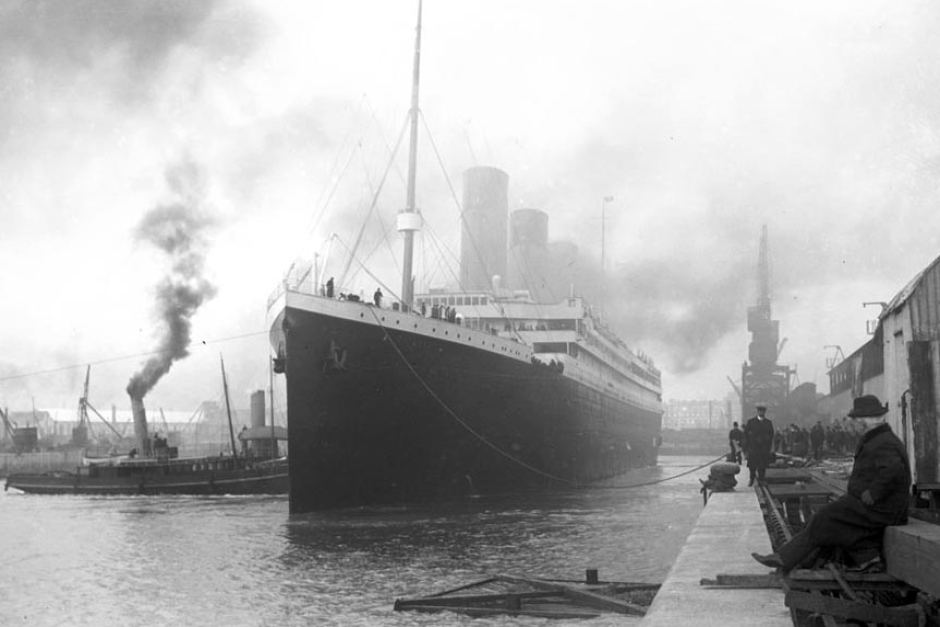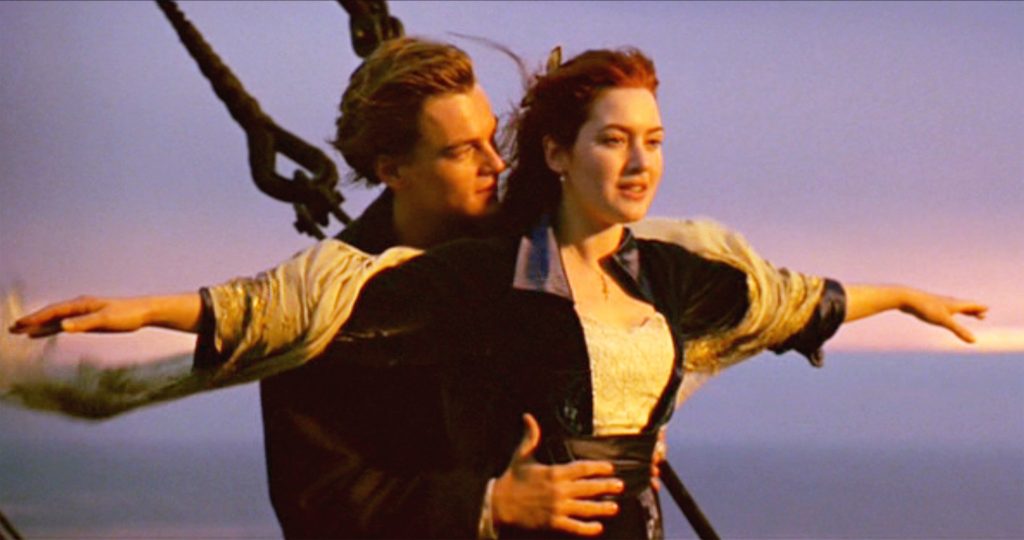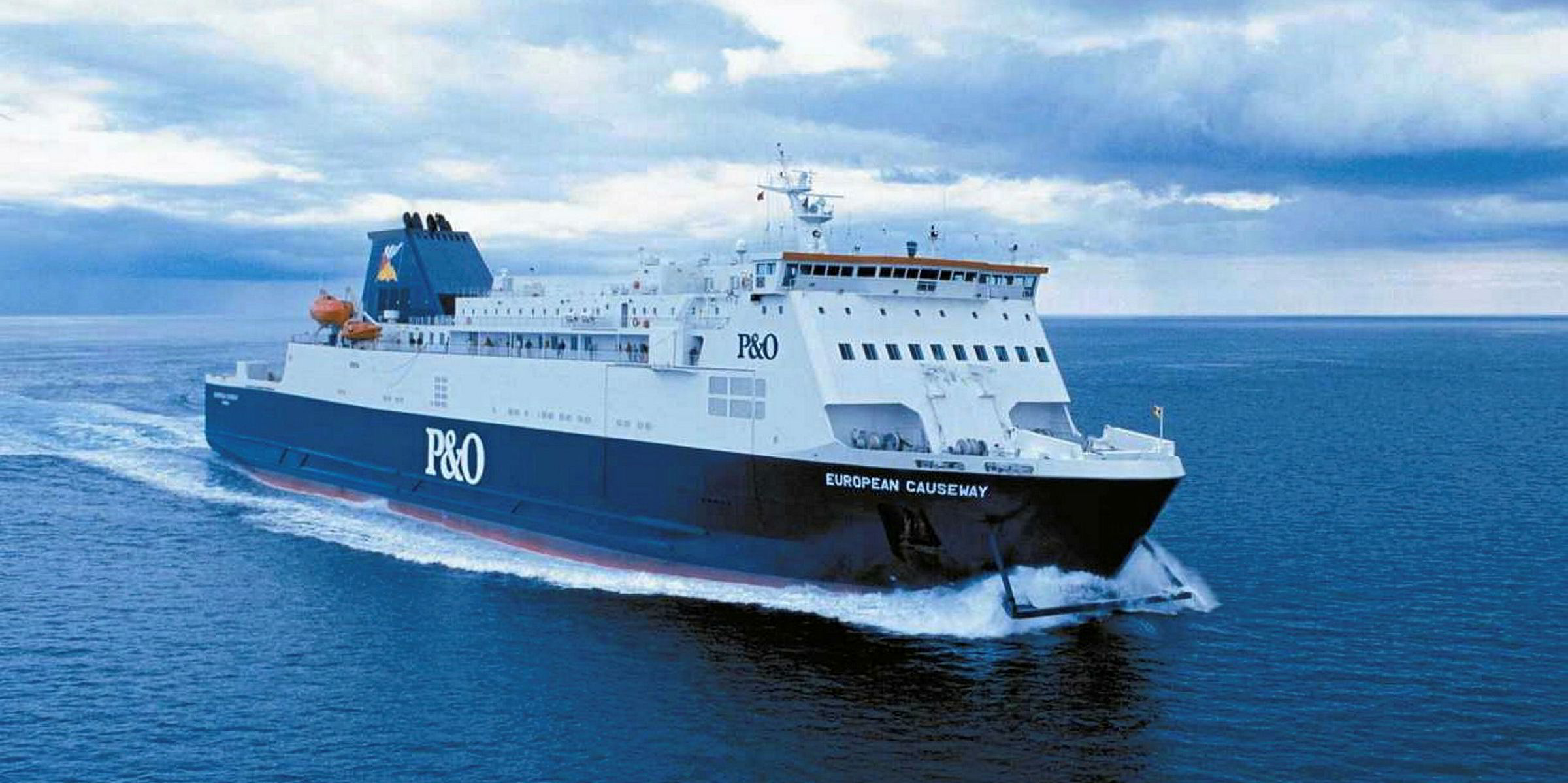By Elwyn Lloyd-Jones
P&O is one of the finest names in British maritime history, dating back to 1837 when the name was chosen to mean Peninsula & Orient; where Peninsula refers to the Iberian Peninsula, and Orient refers to the Eastern Mediterranean. Not much is written about the early years including its service to supply troop ships during WWII, but its current structure dates back to 2002 when P&O Ferries was formed as a Company in its own right, followed by its purchase by DP World in 2019.
In common with the Maritime Industry in general, it has always faced challenges and opportunities (none more so than at present); as it is forced to adapt to a changing world. Firstly, the very concept of a RORO ferry, was thought up when the cost of capital was high, meaning the turn-around time at port, and travel time was at a premium; and Carbon (and Sulfur) emissions where hardly on the agenda. Now, fuel costs and environmental legislation (e.g. the Sulfur Cap of 2020) are of prime importance, while the cost of capital is rock-bottom. Sea travel can however still be the cheapest and most environmentally friendly, but only if the ships can enjoy economies of scale, are packed to capacity, and can travel at a speed (sometimes as low as 2 knots) to optimize engine efficiency, tide, and berthing time table. This suits the container ship but is an anathema to the sea passenger. The RORO ferry however still has the edge for perishable goods.
Ferry services on the Dover Calais route have faced other competitive challenges, firstly from the over-priced but even speedier Channel Tunnel, secondly from Irish Ferries being allowed to ply the same route from March 2021, using third country contract seafarers. Brexit and Coronavirus must certainly have had their impact on ticket sales, staff shortages, and boarding delays. All together, these have cost the company £100 Million per year. One response has been in restructuring; another could be outsourcing ship’s construction to the Far East.
P&O Ferries is a British Company, owned by Dubai based DP World. The ships are flagged in Malta, and the staff paid out of Jersey. It is important to note that at sea, the Captain is the Sovereign Authority under the jurisdiction of the flag, and nobody pays tax anywhere. This may change once the ship enters territorial waters, and certainly will change once a crew member steps ashore. Tax arrangements are exceedingly complicated, as they depend on how much time one spends in each zone; with each jurisdiction measuring time differently! A seafarer can find that just one short delay, a change in shift patterns, or an extended shore leave can change his tax liability completely. Jersey is outside the UK and outside the EU. It is therefore an ideal jurisdiction for withholding tax till the year’s returns are completed (it’s very easy to forget or miss a rule). – In the light of seafarers working arrangements, I don’t think it was unreasonable for the CEO of P&O Ferries, Peter Hebblethwaite, to announce the mass sacking of staff by recoded video message. It was the only way to reach everyone fairly and simultaneously.

Malta is an EU Member State, well known as an off-shore tax-haven and easy centre for ships registration. As a new Member State, I have found them very lax in converging to EU Legislation. Because of their special sacrifices in supporting the allies during WWII, Britain is disinclined to find fault with them. And because of their smallness within the big EU picture, Brussels is hardly likely to take notice. But they will converge, eventually.
Dubai, as an Arab State probably has access to the best deals in bunker fuel. But more ominously, DP World has been advising the government on free-ports. DP World also has a majority stake in the container port of Yuzhny about 20 miles East of Odessa in Ukraine (acquired in 2020). Ukraine is the prosperous breadbasket of Europe and the World, and this is likely to be a very profitable asset once the war is over.
Now, what about the new outsourced third party crew, and what is life going to be like for them? Most young men take to sea to see the world, with full board and lodgings paid, and a little bit of pocket-money to boot; but when they come to the UK, they’re going to be very sorry indeed. They’ll be forced to stay on-board without a proper Visa, like any other tourist. (Or will they need the very expensive UK working visa, if they’re deemed to be employed in the UK?) – The EU has been working on this problem for years, trying to ensure that any legitimate seafarer can have shore leave based on his ship’s papers. This is now fairly well harmonized, including the right of transit from airport to duty ship, or between duty ships. The latest EU legislation however, restricts the rights of seafarers taking shore leave to cross Sovereign State boundaries. It is not a Schengen Visa. The UK is no longer party to this agreement, and as a result, third party seafarers may suffer. – The UK Government does have the right to detain a ship once it is in port, and prevent it leaving again; for instance, if debts have not been paid, if the ship has been found to be unseaworthy, or if the crew do not live up to the necessary standard of competence. This is very much the limit of the UK’s authority. Even the right to run a service can only be granted in agreement with the EU counter-party. Parochial British Trade Unions have very little purchase on the problem.
How could this sorry state of affairs have been avoided? In the USA, they have something called the Jones Act, which says that any service run between USA ports must be on ships that have been constructed, owned, and crewed by Americans. A federal Europe could do something similar; sure it is protectionism, but I think we need a bit of protectionism. And if we consider: wages, shipbuilding, and financing skills across Europe, I think there is plenty of scope for reasonable competition. In reviewing the above, it strikes me that we spend too much time and effort on: gaming the system, the tax system, and the shipping regulations. – It would surely be far better if those in the business where given a level playing field so that they could concentrate on what they know best: running a ferry service, or a shipping line. There are plenty of changes that are still needed in the industry.
Read our related article on P&O Ferries and Brexit.






The Siege of Malta, and the three Gloster Gladiator biplanes, Faith, Hopeand Charity helped break the siege, combat Mussolini’s forces and resulted in the island nation of Malta being awarded the George Cross for Gallantry, “to bear witness to a heroism and devotion that will long be famous in history.”, a symbol that flies proudly at the top left of the Maltese flag today.
More here: https://www.nationalww2museum.org/war/articles/british-biplanes-faith-hope-charity-1940